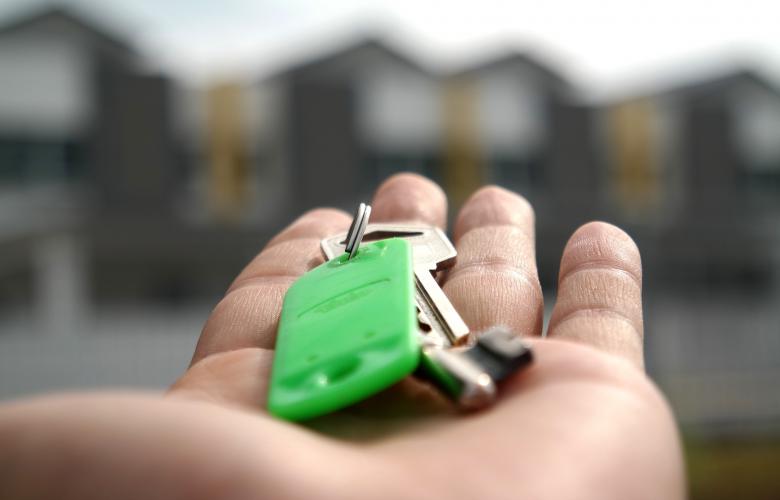The latest Affordability Sentiment Index Property Survey H1-2018 conducted by rumah.com together with Singapore's Intuit Research, to determine the state of Indonesia's property market as well as providing greater transparency for consumers, found more than 60% of Indonesians in the property market are first time buyers or people who want to upgrade in terms of size and location.
The report suggested 17% were investors and just over 20% were looking for properties for business purposes.
These results should come as no surprise. Gapura Bali recently cited the IMF as saying Indonesia has the third largest youth population in the world. Ike Hamdan, Head of Marketing at rumah.com, told Properti Bisnis "buying property is closely related to the age and income of respondents. Millennial respondents are mostly in the first home buyer category, while investors come from older respondents."
This young and growing middle-class is, according to the survey, aged between 20-29 years old and almost 70% of them intend to buy their first homes, while just 12% plan to invest.
These numbers becoming more balanced as ages increase. Around 48% of those surveyed between the ages of 30-39 were looking for their first house with 21% intending to invest.
The report revealed most property investors were over the age of 49. Over 30% in this age group considered themselves investors.
Ike claims these sorts of spreads are normal. He says when consumers are young the first step is to buy a house to live in, then upgrade and only over time, when finances are more stable, do they become investors.
"This Sentiment Index," he says, "indicates that property consumers are positive enough and even though it suggests interest in investment is not so high, market behaviour towards property is still normal."
Bank Permata economist, Josua Pardede, believes political conditions play an important role here. June 2018 sees almost half the country going through elections (locally called Pilkada), for governors, mayors and regents and even though current macroeconomic conditions and interest rates are stable there is hope that the future will be brighter still. "Consumer property, especially among investors, is still in a wait-and-see position and people prefer to save instead of invest," he says.
Sources: Antara News, rumah.com, Properti Bisnis, Warta Ekonomi
Similar to this:
Bali needs holistic approaches to continue positive economic growth
Gov't offers investment opportunities in water, housing and education
Tourism and property potential in NTT





